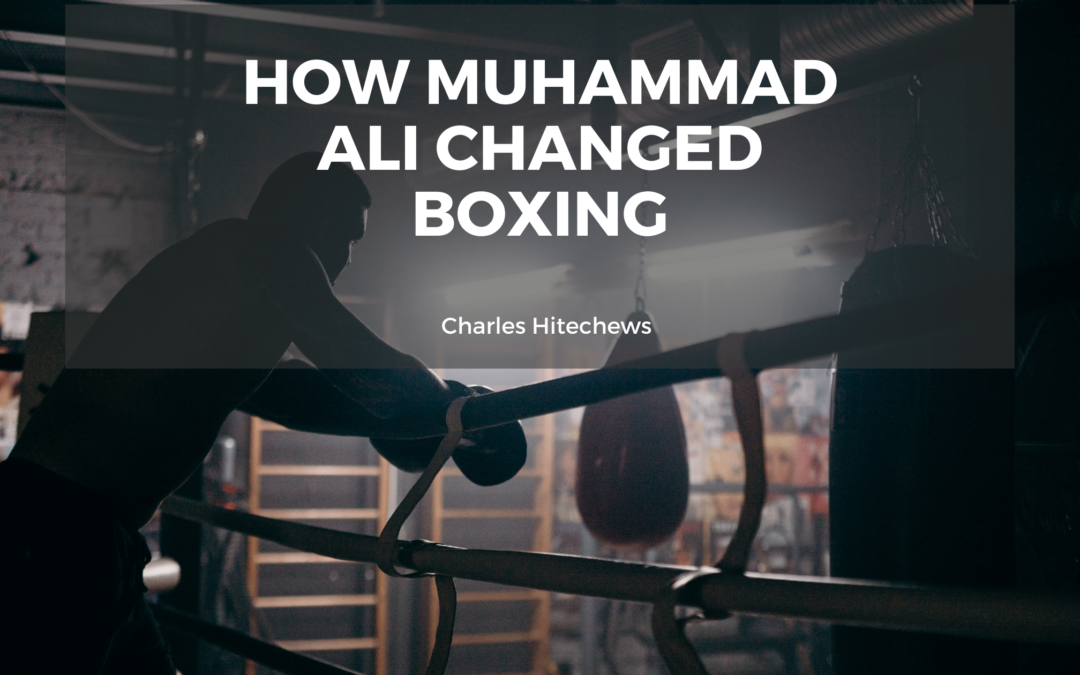In 1964, Muhammad Ali beat heavyweight boxing champion, Sonny Liston, to win the title and set out on a journey to become the most famous athlete in the world. Born in Louisville, Cassius Clay was an African-American who raised awareness of the plight of his community in the racially segregated U.S.A. Despite his fame and fortune, Ali set out to help those facing problems with racial equality and the loss of their civil rights.
Upon winning the World Heavyweight Championship, Cassius Clay declared he was the greatest boxer of all time. At a time of racial segregation, an African-American declaring he was the greatest athlete of all time made headlines and set Clay apart from his contemporaries. Known as The Louisville Lip, Clay was known as the most articulate boxing champion in history, who was always willing to give the press a soundbite they would enjoy.
Two days after winning the world title, Cassius Clay converted to the Nation of Islam and changed his name to Muhammad Ali. The change in religious beliefs came at a time of high tension in the U.S. as civil rights rose to the top of the political agenda in the U.S. The Nation of Islam was aligned with the civil rights leader, Malcolm X, who referred to white people as devils. The beliefs of Muhammad Ali were not as extreme as those of Malcolm X and the leaders of the Nation of Islam. The Reverend Al Sharpton, one of the leading civil rights activists of all time, explains the appeal of Ali as based on his ability to unite the public. The rift between Malcolm X and Martin Luther King Jr. is well documented, but Muhammad Ali was pictured with both men throughout their lives.
The first flourish of sporting fame would be short-lived for Ali because he disagreed with the Vietnam War. The draft process brought Ali to national attention for his civil rights work and religious beliefs. Ali refused to enter the draft and was threatened with jail for his refusal to fight for the U.S. Military. A long three-year ban from boxing ended with the Supreme Court ruling in his favor in 1971, which only increased the fame of a fighter who transcended boxing and politics.

